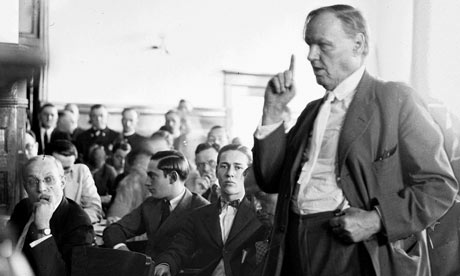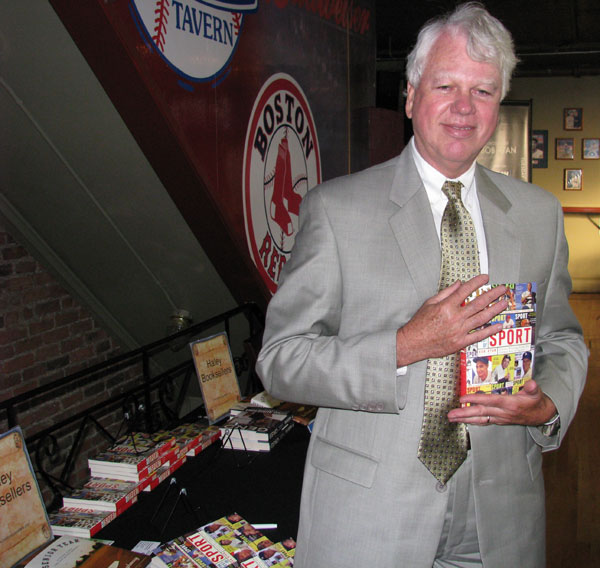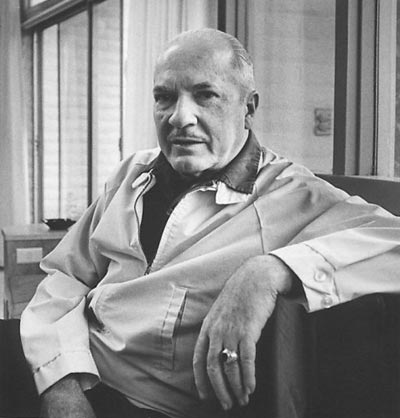"As ter killing men,” [Wild Bill Hickok] replied, "I never thought much about it. The most of the men I have killed it was one or the other of us, and at sich times you don’t stop to think; and what’s the use after it’s all over? As for [Davis] Tutt, I had rather not have killed him, for I want ter settle down quiet here now. But thar’s been hard feeling between us a long while. I wanted ter keep out of that fight; but he tried to degrade me, and I couldn’t stand that, you know, for I am a fighting man, you know.”
The Hickok-Tutt gunfight, which took place on this date in 1865 in the town square of Springfiled, Missouri, is the first recorded instance of a one-on-one, quick-draw gunfight in a public place, and served as the inspiration for countless depictions of gunfights in dime novels and Hollywood movies.
Hickok and Tutt (who were both serious gamblers) had been friends at one time, but seem to have had a falling out over a woman. In a high-stakes poker game at the Lyon House Hotel in Springfield one evening, Tutt claimed that Hickok owed him money from a previous game, and grabbed Hickok's gold pocket-watch off the table. Hickok warned him not to wear the watch in public, but Tutt appeared in the town square at 10 a.m. the next morning with Hickok's watch dangling from a pocket. Hickok attempted to settle the alleged debt in order to get his watch back without bloodshed, but the negotiations eventually broke down.
At about 6 p.m., the two men faced off from a distance of about 75 yards. Witnesses later said that Tutt -- who was thought to be the superior marksman -- pulled his gun first. The men shot almost simultaneously -- not from the hip, as is usually depicted in western movies -- but facing each other sideways, in traditional dueling position. Tutt's shot went high. Hickok, who steadied his Colt navy revolver on his opposite forearm, hit Tutt in the left side, and Tutt died moments later.
Hickok was tried for manslaughter two weeks later, His attorney was John S. Phelps, a Union colonel in the Civil War who was later elected governor of Missouri. (One of my ancestors was in his regiment, which saw action at the Battle of Pea Ridge, Arkansas, in March 1862.) Hickok was quickly acquitted.
The Harper's article made Wild Bill a celebrity. For the next decade or so, he worked as a sheriff and US marshal and also appeared in a couple of different Wild West shows. He moved to Deadwood, South Dakota -- a wide-open gold mining camp -- in 1876, where he was shot in the back of the head and killed while playing poker.
Hickok was holding a pair of aces and a pair of eights at the time -- all black cards -- and that hand is still known today as the "dead man's hand."
 |
| Wild Bill Hickok |

















.jpg/220px-William_Dean_Howells_(ca1870).jpg)



